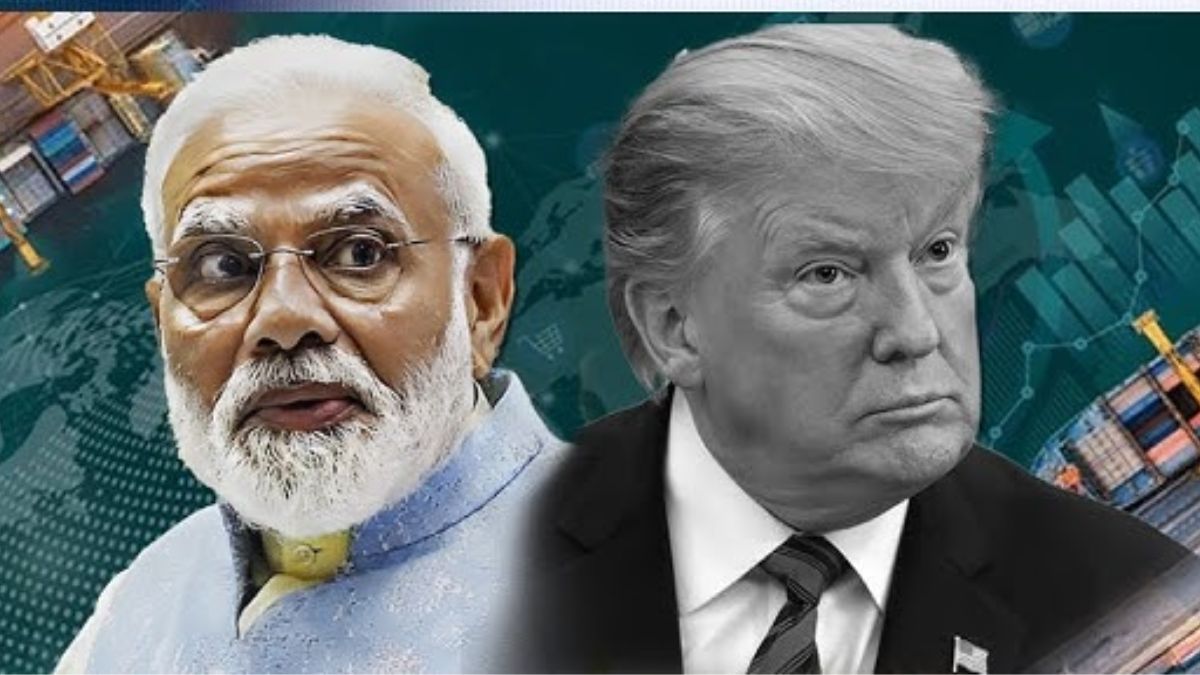The Democratic leadership of the House Foreign Affairs Committee has criticised US President Donald Trump for “singling out” India over its imports of Russian oil while avoiding similar action against China, which remains a larger buyer.
The committee said the new tariffs imposed on Indian goods were “sabotaging” the relationship between Washington and New Delhi, arguing that the administration’s approach unfairly penalises India while overlooking Beijing’s far greater purchases of Russian crude.
The House Foreign Affairs Committee Democrats said in a post on X “Instead of imposing sanctions on China or others purchasing larger amounts of Russian oil, Trump’s singling out India with tariffs, hurting Americans & sabotaging the US-India relationship in the process. It’s almost like it’s not about Ukraine at all,”.
The Committee also cited a link to a New York Times article that said, “It would be one thing if the Trump administration had opted to follow through on the threat of secondary sanctions for any country that purchases Russian oil. But the decision to focus solely on India has resulted in perhaps the most confusing policy outcome of all: China, the largest importer of Russian energy, is still purchasing oil at discount prices, and has so far been spared similar punishment.”
Trump has imposed 25 per cent reciprocal tariffs on India and an additional 25 per cent for Delhi’s purchases of Russian oil. Members of the Trump administration have also upped their criticism of India for buying energy from Moscow, saying this is “funding” Russian President Vladimir Putin’s “war machine” in the Ukraine conflict.
Impact Shorts
More ShortsWhite House trade adviser Peter Navarro even went as far as to describe the Ukraine conflict as “Modi’s war”, saying the “road to peace” runs partly “right through New Delhi” as India is helping feed the Russian war machine by buying oil from Moscow.
India has termed the tariffs imposed on it as “unjustified and unreasonable. “Like any major economy, India will take all necessary measures to safeguard its national interests and economic security,” India has said.
With inputs from agencies


)

)
)
)
)
)
)
)
)



